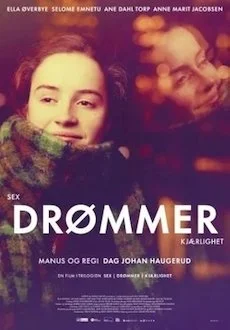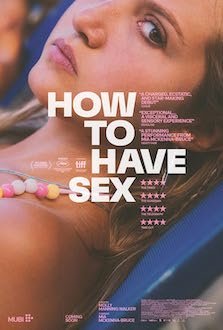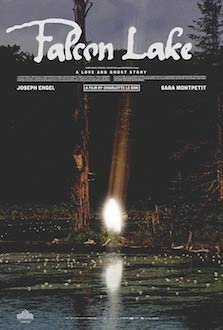Direction: Dag Johan Haugerud
Country: Norway
Dreams is the second installment in a film trilogy by Norwegian filmmaker Dag Johan Haugerud. This feminist coming-of-age manifesto follows Sex (2024) and precedes Love (2024), exploring themes of love, sexuality, and family dynamics through a blend of first desire and literary awakening. It offers a refreshingly different perspective on teenage angst, examining the fleeting ecstasies and quiet disillusions of a 17-year-old high school student (Ella Øverbye) who falls in love with her female French teacher (Selome Emnetu). She channels her emotions into vivid writing, which unexpectedly earns the attention and encouragement of her mother (Ane Dahl Torp) and grandmother (Anne Marit Jacobsen).
Although the film carries the lightness one might expect from the genre, Haugerud keeps the material grounded and quietly captivating, shaping characters who display an unusual degree of emotional maturity. His approach to the subject is gentle and thoughtful, and the romantic connection is never overstated. Instead, it unfolds as a recollected experience, mediated by a restrained, almost immobilizing voice-over that preserves its fragility.
At times honest and even sensual, this intimate confession recalls the romantic sensibility of Éric Rohmer’s love tales, generating empathy through the careful plausibility that permeates every scene. Dreams stands as a cohesive and rewarding work, buoyed by the performers’ natural charisma and its willingness to incorporate unexpected elements into a tender meditation on first love, fantasy, and the gradual process of growing up and moving on.


























